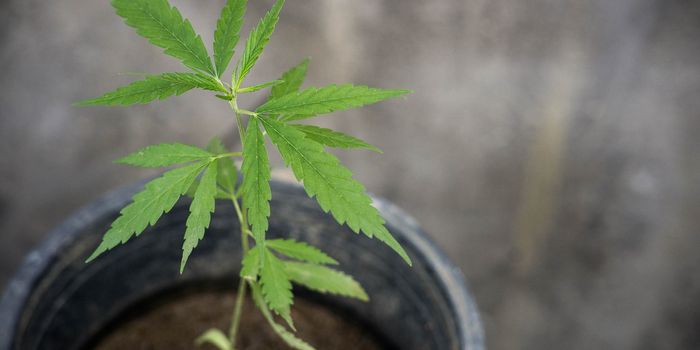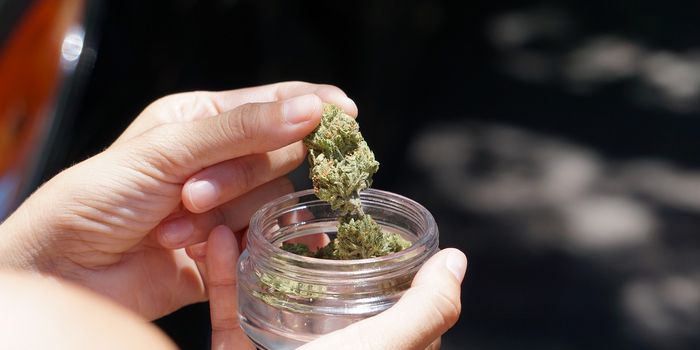Strong Association found between Adolescent Vaping, Cannabis, and Alcohol Use
A study of more than 50,000 US adolescents across the country indicates a strong association between vaping nicotine and increasing rates of binge drinking and cannabis usage. The findings published in the journal Substance Use and Misuse examine public health concerns about the increased rates of electronic cigarette, or vaping, use among young people.
The researchers analyzed data from 51,872 adolescents who completed the survey between 2017 and 2019 to study vaping. The research team examined the links between the past 30-day nicotine use (smoking-only, vaping-only, and any smoking plus vaping) and the past 30-day cannabis use, and adjusted for participant demographic factors like, age, sex, race, parental education, and urbanicity.
The researchers used the National Institute on Drug Abuse’s (NIDA) Monitoring the Future survey that tracked trends in the use of cigarettes, alcohol, cannabis, vaping of both nicotine and cannabis and other substances for children in school grades 8 (13-14 years old), 10 (15-16 years old) and 12 (17–18 years old).
The findings have implications for policy and practice. According to lead author Noah Kreski from the Columbia University Mailman School of Public Health, “Our results indicate that vaping is not an isolated behavior, but rather strongly tied to other substance use that can harm adolescents and make quitting nicotine more difficult. Effective intervention efforts should work to simultaneously address vaping, drinking, and cannabis use to encourage the health and well-being of young people.” Policy and interventions must consider this association among various forms of substance user to best support youth health initiatives.
The researchers observed nicotine use and cannabis use (in any form, including vaping), and they found that adolescents who smoked were 8.03 times more likely to use cannabis. Those that vaped were 20.31 times more likely to use cannabis. For those participants who both smoked and vaped, the likelihood increases to 40.1 times more likely to use cannabis.
The researchers also found a link between past 30-day nicotine use and two-week binge drinking. As binge drinking increased, so did the association between smoking and vaping and binge drinking. When compared to adolescents who did not use nicotine at all, those who both smoked and vaped were:
- 5.6 times more likely to have engaged in binge drinking on one occasion.
- 21.60 times more likely to drink excessively three to five times per month.
- 36.53 times more likely to have participated in binge drinking on ten occasions or more.
The significant links between nicotine use, cannabis use, and binge drinking highlight a need for sustained interventions, advertising and promotion restrictions, and public health education efforts to prevent or decrease adolescent vaping. Research on vaping behaviors and potential risks has been limited and included small samples of participants.
Sources: Eureka News Alert, Substance Use & Misuse








